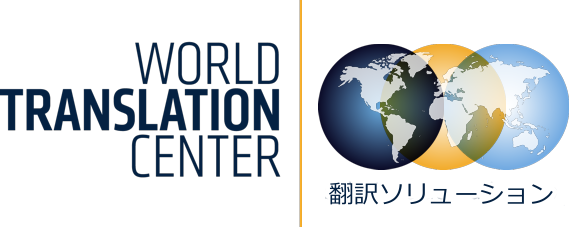WORLD TRANSLATION CENTERは、世界中の専門翻訳者による翻訳と音声録音サービスを提供する大手翻訳会社です。
Articles and Stories
Difference Between Portuguese Spoken in Portugal and Brazil
According to both countries’ Constitutions, there is only one Portuguese. However, using a translator not from the target country is definitely a mistake.
There are several differences between the Portuguese spoken in Portugal and the Portuguese spoken in Brazil. (The former Portuguese colonies are not taken into consideration here, but the language spoken in those is quite close to that spoken in Portugal.)
The first difference involves pronunciation and accent. It can be compared to the difference between British English and US English.
There is also variance in the usage of vocabulary. Sometimes one single word enables you to identify the origin of a Portuguese translator or speaker. Pronouns and verbs are also used differently between the countries.
One translator pointed out to us that the most prevalent difference is ‘logic’. To illustrate what he referred to, he sent us this example:
IN LISBON:
Brazilian Tourist: Does that bus outside go to the airport?
Hotel Clerk: No, sir.
Brazilian Tourist: So could you please tell me how I can get to the airport?
Hotel Clerk: You should take that bus outside, sir.
Brazilian Tourist: But you just said it doesn’t go to the airport!
Hotel Clerk: That is correct, sir. It goes somewhere else. However on its way there it stops by the airport.
IN RIO DE JANEIRO:
Portuguese Tourist: Does that bus outside go to the airport?
Hotel Clerk: Yes, sir. It should leave in about 10 minutes.
As you can imagine, these differences in ‘logic’ are most significant when it comes to technical translations. A Portuguese translator will always be more specific while the Brazilian one will be more generic.
Sometimes it will be possible to translate a text into one Portuguese language and then adapt it for the other country, but in most cases, we recommend using a native translator from the country you are targeting.
When dubbing a video into Portuguese, we will always use voice talents from the target country to assure the proper accent.







